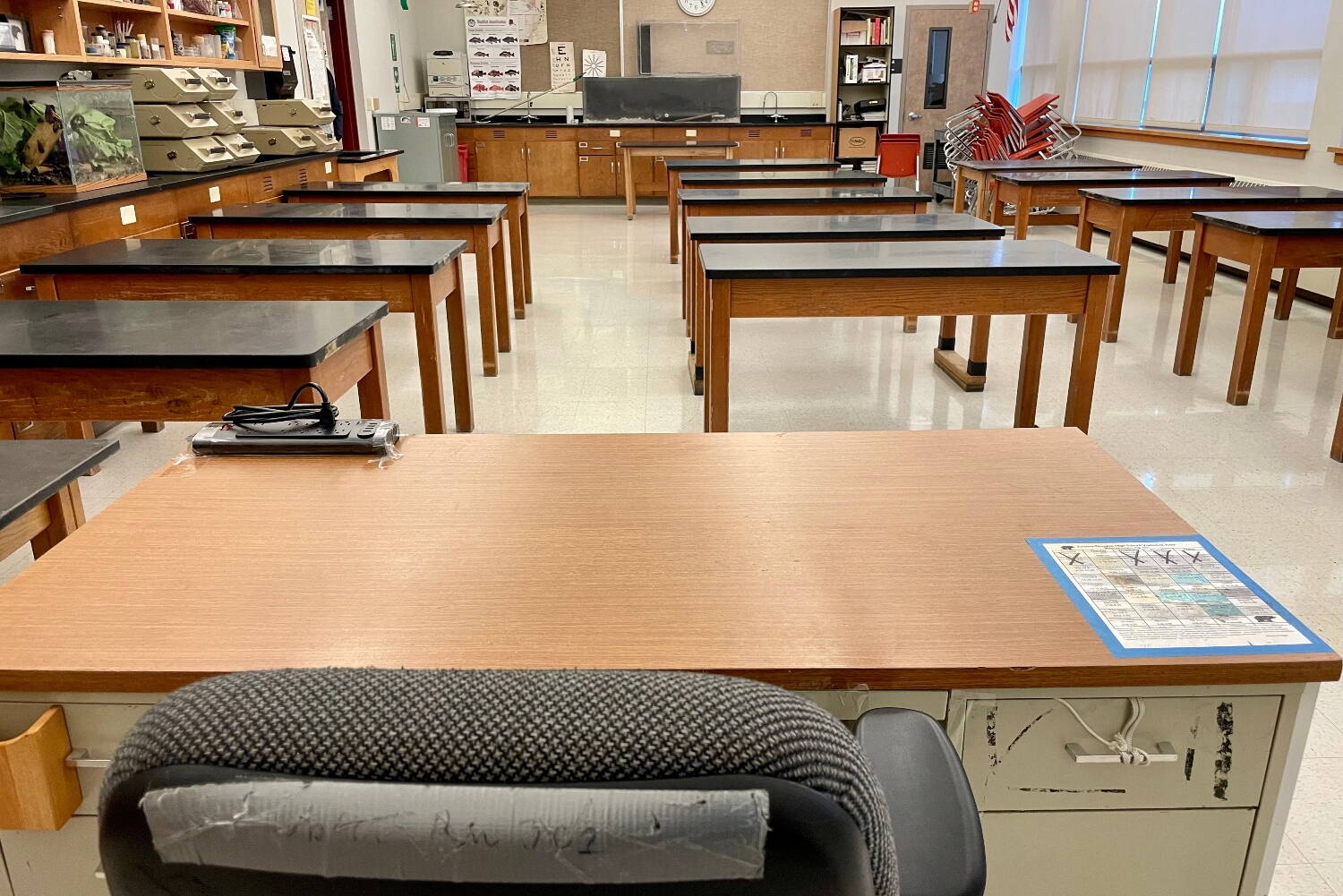Alaska’s Board of Education has approved a draft report that’s a step toward the state recognizing tribes’ authority to operate and oversee K-12 schools.
The board approved a Department of Education and Early Development report on what’s known as the State Tribal Education Compact at its meeting last week. Ultimately, the report is intended to be the basis of legislation.
Education Commissioner Deena Bishop said the report would be sent to the governor’s office to be drafted into a bill. The state’s plan requires funding to get the first tribally operated state schools up and running.
The Department of Education and Early Development developed the framework for tribally operated public schools after the state’s 32nd Legislature approved a bill directing it to do so. DEED Director of Tribal Affairs Joel Isaak led the process.
“State-Tribal Education Compacting is critical to successfully fostering positive transformation by focusing on system-based changes that empower Tribes to become educators once again,” the report reads.
The proposal is in alignment with one of the department’s five strategic priorities: Inspire Tribal and Community Ownership of Educational Excellence.
Board member Bob Griffin praised the department’s work and suggested the board endorse the yet-to-be-written bill that would come from the report.
Member Lorri Van Diest asked if there would be enough teachers for the additional schools proposed by the plan, considering the state’s difficulty with hiring and retention. Isaak said the process was likely to attract a new pool of educators.
“The stresses that the system experiences by having a limited number of educators, this doesn’t magically make that go away,” he said. “But I do think that it will encourage an additional pool of educators who don’t choose, for whatever reason, to come through the current route, who are excited about this and want to align their life and professional goals, to join this process.”
Five tribes are anticipated to be part of the five-year pilot program for the first tribally compacted public schools: Central Council Tlingit & Haida Indian Tribes of Alaska, Inupiat Community of the Arctic Slope, Ketchikan Indian Community, King Island Native Community and the Knik Tribe.
Those tribes will have one to three years to develop schools if the plan is approved and funded by the Legislature. The schools will be open to any student; tribes may choose whether or not to enter into a compact.
The board will vote to approve a final draft of the plan at its Jan. 17 meeting.
• Claire Stremple is a reporter based in Juneau who got her start in public radio at KHNS in Haines, and then on the health and environment beat at KTOO in Juneau. This article originally appeared online at alaskabeacon.com. Alaska Beacon, an affiliate of States Newsroom, is an independent, nonpartisan news organization focused on connecting Alaskans to their state government.

